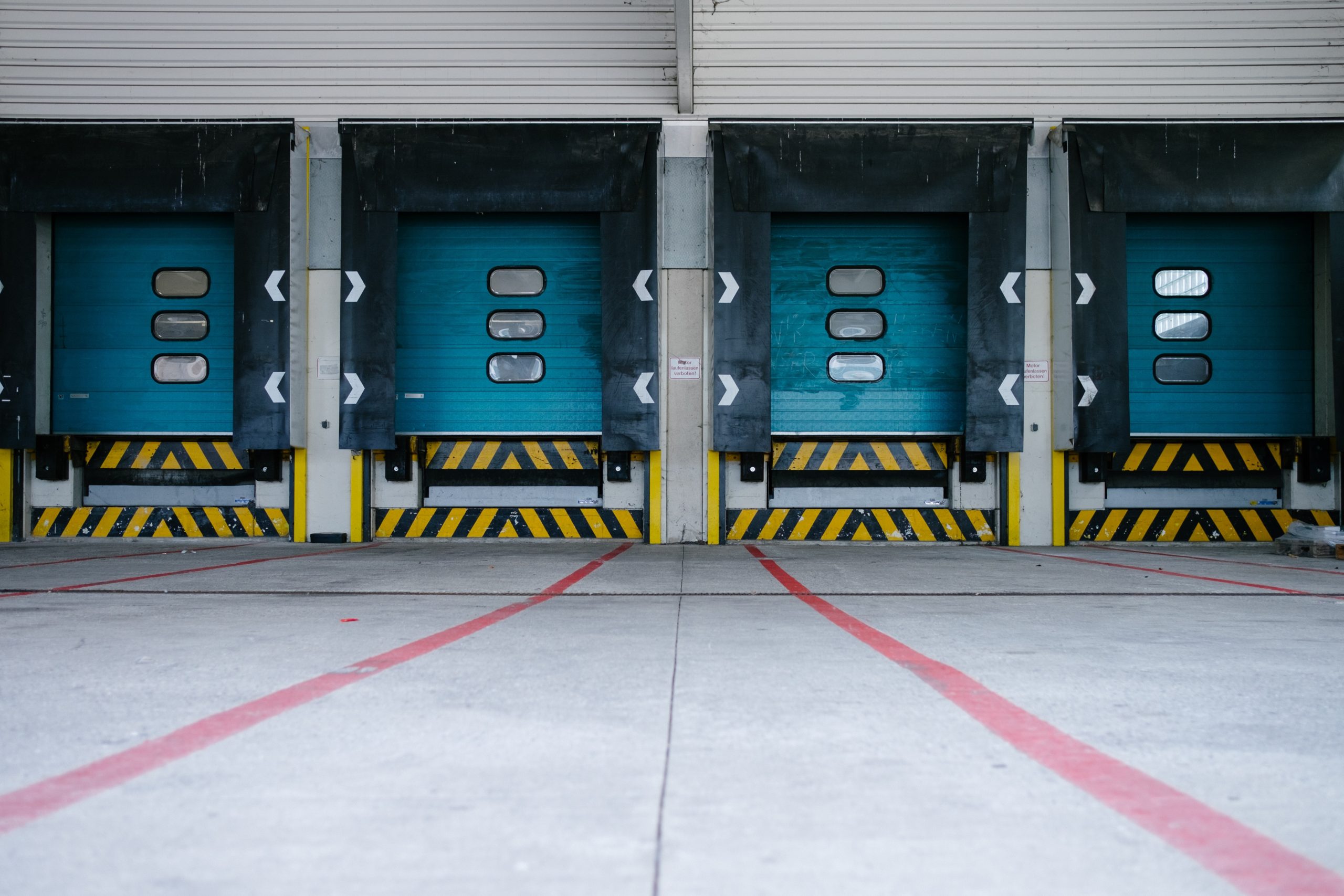
Many investors think of multi-family buildings, office buildings, and retail space when they consider adding commercial real estate to their investment portfolio. While these are good investment opportunities to consider and evaluate, industrial real estate also offers a potential for a steady income and increased value over time. Understanding the different industrial property types will be the first step in determining which properties fit your investment plans. Ideally, knowing the type of businesses you want to have as tenants in the building is also an essential component of choosing property type. Location is always a factor to consider, with industrial parks and areas considered prime locations for many industrial business owners.
Light Manufacturing
Light manufacturing buildings are often used for smaller companies that produce parts, components, or products that do not require the use of heavy duty infrastructure and systems. This can be manufacturing consumer goods, durable items for the home or business, vehicle manufacturing, aftermarket part production, food and beverage production, electronics, or other types of processes or production. These buildings are often easy to transition into other types of light duty manufacturing, adding to the versatility of the space.
Heavy Duty Manufacturing
As the name implies, these are often much bigger buildings and facilities designed for a specific type of production or manufacturing. Production and manufacturing of this type would include agricultural and heavy machinery, construction equipment, energy, oil and gas production equipment, aerospace, mining, and even chemical processes. These buildings are typically designed for a specific type of manufacturing which may limit the versatility of the space.
Warehouses
General warehouses or specialized distribution warehouses and hubs are an increasingly good choice for investment. The movement to online purchases over retail sales makes warehouse and distribution space an essential part of any business. As with any type of commercial real estate, older warehouses do not have the technology and infrastructure needed to handle orders and move materials efficiently. Therefore, it is vital to understand the potential costs of upgrading the design and technology of the warehouse before making a purchase.
Flexible Solutions
Sometimes called flex storage or flex space, these are more dual-purpose buildings. They can be any size and offer the advantage of office space and warehouse facilities or smaller workspaces for limited types of production and processing. As with warehousing, the upgrades and what is required to bring the space up to the needs of current and potential tenants need to be carefully considered.
Data Centers
One of the most specialized types of industrial real estate is the data center. These are built to house massive banks of servers and require the latest in technology, access to telecom and ISP service, internet hubs, and the use of state-of-the-art security systems. In addition, data centers are rated based on their features, which can include multiple power and cooling system redundancies, among other factors. It is important to understand the risks and rewards of any commercial real estate. Adding industrial real estate to a portfolio can offer a significant income, but it is not without its risks. Knowing about the specific industry and working closely with a real estate agent knowledgeable in industrial real estate is always the best option.


